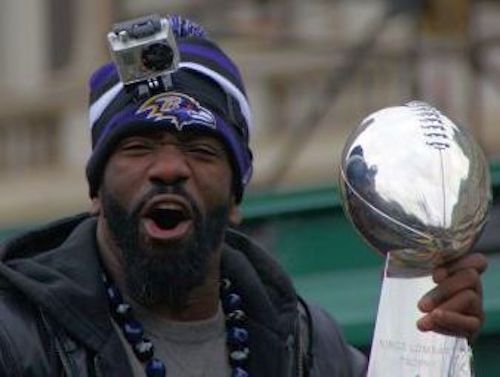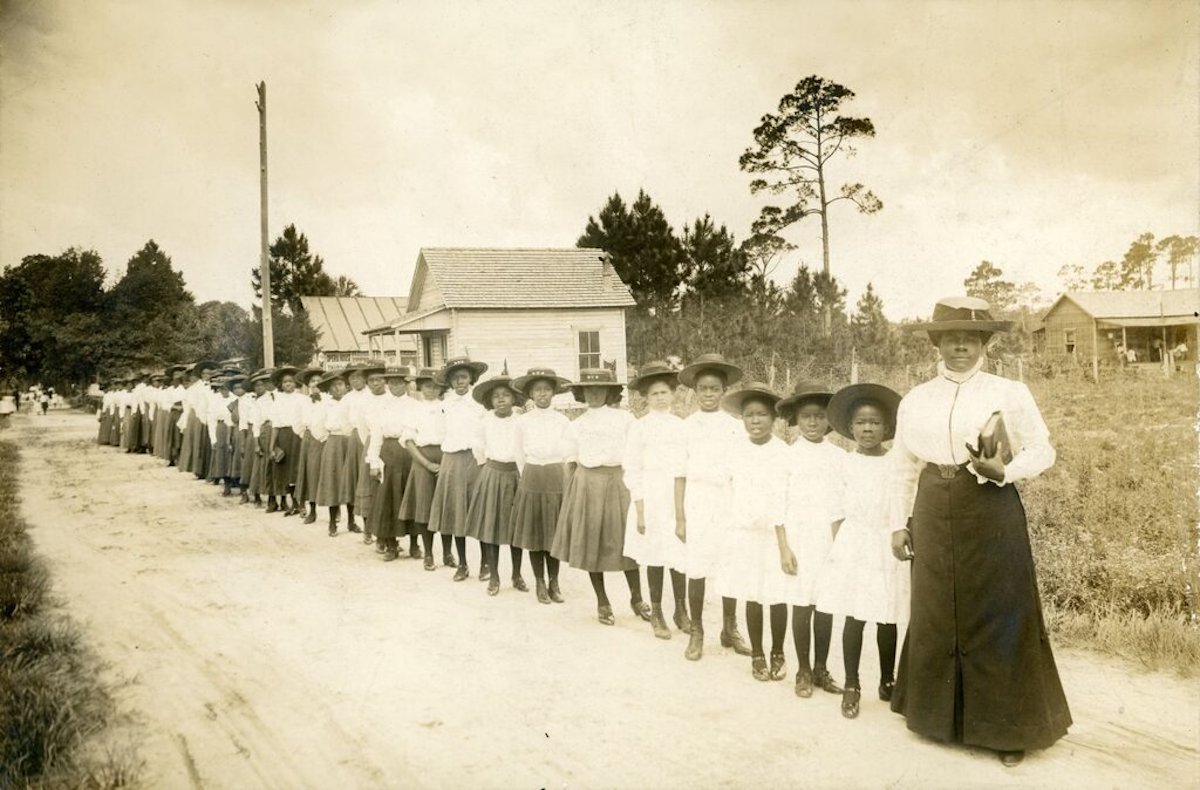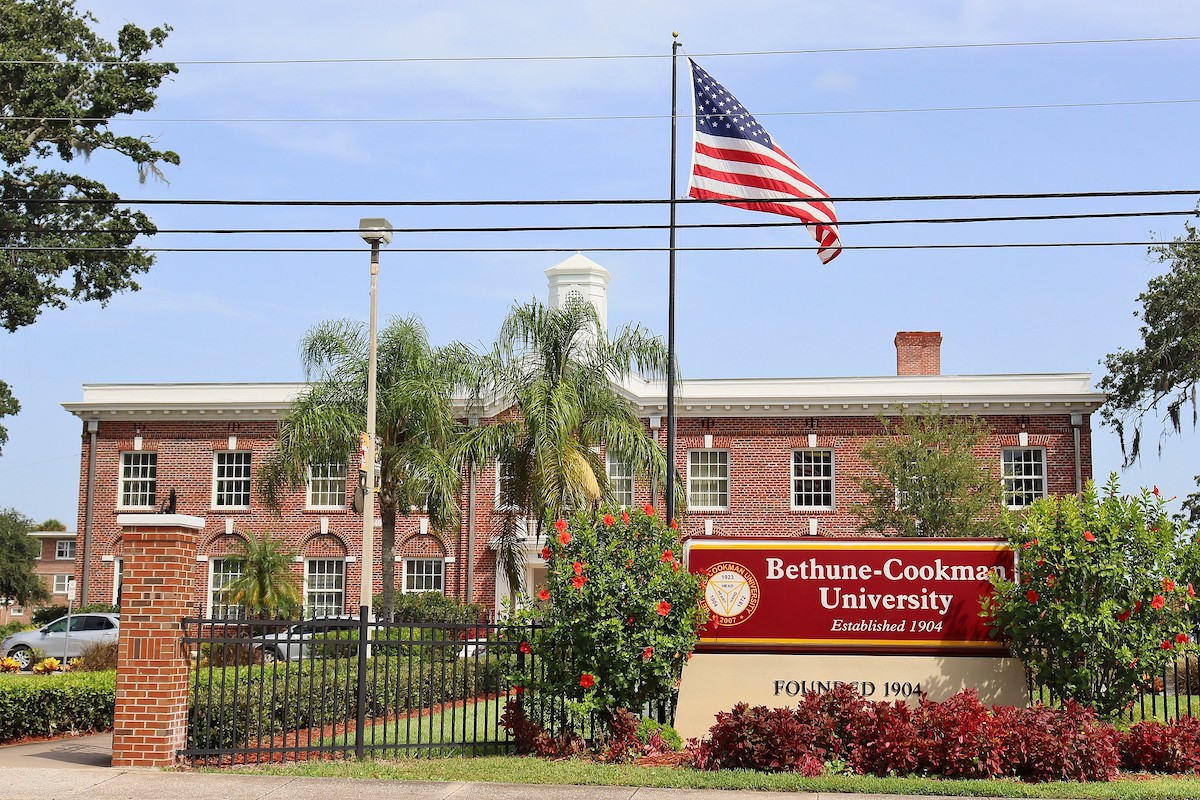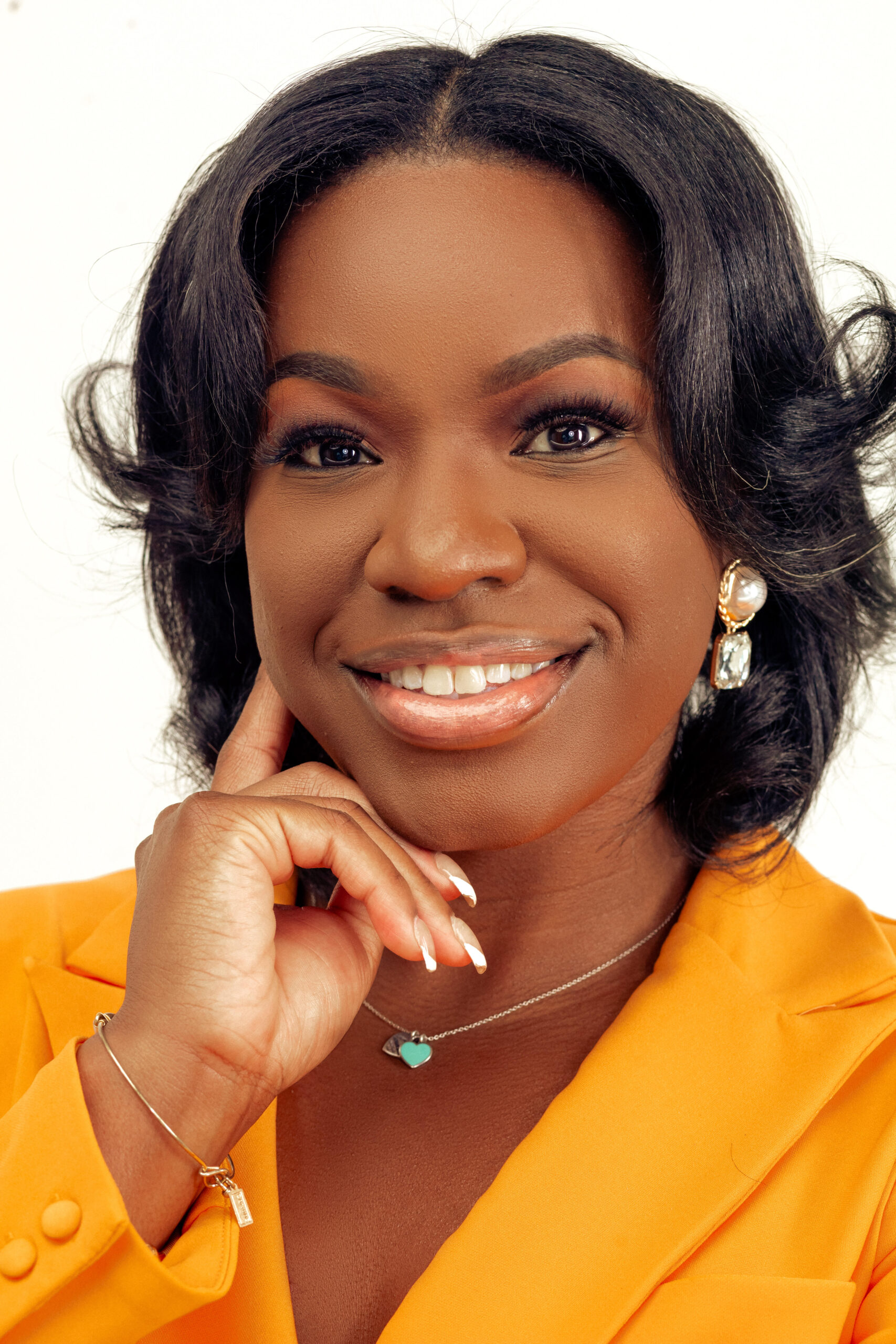Historically Black Colleges and Universities have a unique and substantial history engraved in the United States. No one person or institution has created the nationwide legacy of HBCUs as we know it. The essence we know and see today is evidence of hard work and determination from a coalition of greats who aimed to make higher education obtainable for Black people in America.
The spotlight on the HBCU community has grown over the last few years. Some may attribute it to the growth and capacity of social media and multimedia marketing campaigns that guarantee institutions a larger reach, while others may attribute the growth to celebrities’ public support and praise of these institutions.
Unfortunately, the increased spotlight has led to a slew of misinformation regarding the leadership, integrity and supporters of these institutions. What we have is a cracked lens—people are seeing a distorted image of our HBCUs, and others are contributing to the disparaging messaging that has been echoed on social-media platforms.
The public is being miseducated. In an era where facts no longer outweigh opinions, these occurrences are dangerous for these sacred institutions and the people who work for and attend them.
Superstar Hires
No, hiring a professional athlete is not some cheat code to excelling or improving all institutional issues. HBCUs do not need charity. They need systemic change, and that change starts way beyond a field or court.
It starts at the state and federal levels. Coaches like Deion Sanders and Ed Reed—who never even coached a snap at Bethune-Cookman University—have created a narrative that their being at an HBCU would invoke some magnificent change that the institutions would feel beyond football.

No grandiose hire can undo decades of disenfranchisement, underfunding and the systemic allocation of resources. Evidence shows that HBCUs have been underfunded for decades, causing them to trail behind their Predominantly White Institutions in the resource department.
A sports coach does not have the position or the range to combat these issues, nor can the success of an athletics program uplift an entire institution. Most college coaches only have mentions of season expectations, vendor agreements and bowl games in their contracts. So, why anyone would think that their job has a direct correlation to research, retention or capital improvement is just plain silly.
These institutions will stand with or without a celebrity coach.
‘Higher Education Lacks Justice and Equality’
Forgive them, Father, for they know not what they post and tweet.
People have a keen attachment to collegiate sports programs, so much so that they need to remember the mission of these institutions is to educate students, not train them for the professional sports world.
The likelihood of every athlete at a given institution making it to their respective professional league is slim to none. The emphasis placed on the performance of collegiate athletic programs versus the quality of the academic ones speaks volumes to the state of higher education in America and what we respect as people.
When the onlookers discuss their grievances with HBCUs, they forget the most important piece of information: These institutions were first designed as educational oases for Black students. There goes that cracked lens. To analyze an institution only through the lens of its athletic program is unrealistic. These institutions were not built for the average TV watcher’s entertainment. Their idea of an institution failing based on what occurs in a sports program, is yet again, something silly.
Higher education, like many other systems in this country, lacks justice and equality. Critiquing HBCUs solely on sports programs and athletic performance is equivalent to standing up in front of the class, chest poked out, showing all 32, with no answer to the teacher’s question—just mere “passion” for the subject.
HBCUs have an obvious value of institution over athletics and place the word “student” before “athlete.” They do not lead with stats of the athletics program, though the records are noticeably present. This practice largely contributes to non-HBCU public frustration because they seem to not be able to fathom Black schools with Black athletes prioritizing academics and still excelling athletically. Black people and Black institutions are not a monolith.
The Miseducation of the Public
The harsh reality is that there are people, news outlets and sensationalists alike who are committed to the negative image they have created for the public about HBCUs. They would have you believe that retention issues only exist at HBCUs. They would have you believe that violence and crime only occur at HBCUs. They would have you believe that only PWI athletes are eligible for careers in the national sports leagues.
They would have you believe that HBCUs are at the bottom of the barrel because lies tend to spread faster than the truth and the sensation of misinformation, to some, is sweeter.

Higher-ed scholars and supporters alike know otherwise. They discuss the systemic issues and the misinformation spreading like wildfire in the public. When the conversation occurs, the lens is often focused on funding, athletics and crime.
Let’s take a look at the uncracked lens, with certain myths dispelled, where “Everything is Everything.”
HBCU alumni do not give back. While alumni donations are low nationwide, it is a myth that HBCU alumni do not financially support their institutions. In 2019, the national alumni giving rate was 8%. Two years later, Forbes reported that HBCUs, as a collective, are giving back to their institutions by a rate of 10%, exceeding the national average. Tuskegee, Claflin, Spelman and Bennett have stellar alumni who give at rates above 25%. When considering where alumni send their dollars, a study found that most alumni donations are to meet academic, athletic and financial needs.
HBCUs athletes cannot go pro. Contrary to popular belief, HBCU athletes can compete globally. The notion that HBCUs produce athletes with lesser skills is blasphemous. The bigger problem points to a systemic issue of national league recruiters and organizations not scouting talent at HBCUs. Even with the odds stacked against them, HBCUs have still produced countless professional athletes. James Houston (Jackson State University), Andrea Gardner (Howard University), Decobie Durant (South Carolina State University), Ben Wallace (Virginia Union University) and Ameshya Williams-Holliday (Jackson State University) are all pro athletes from HBCUs.
HBCUs are more dangerous than other institutions. Jeanne Clery was raped and murdered in 1986 at Lehigh University. Following her murder, massive nationwide attention grew regarding unreported crime and violence on college campuses. As a result, Congress passed the Clery Act in 1990. It maintains that any institution receiving federal funds must be transparent about crimes, provide a detailed security log and publish an Annual Security Report, among other requirements.
The Federal Student Aid website compiles relevant reports in addition to those each institution provides, and some of the data are chilling, to say the least. The truth is that crime is more an issue of proximity, not institution type, and to consider HBCUs as “more dangerous” because the population is overwhelmingly African American is racist. Plain and simple.
There may be room for self-reflection here, as well. Ask yourself: Why is it so easy to believe a myth or untruth about an HBCU? What role have you played in perpetuating the negative stereotypes?
HBCUs do not stand alone in the issues and claims line, but the discussions of disparities and discrepancies at institutions of higher education always seem to draw a lens on what takes place at HBCUs—a cracked lens.
This piece was created as an educational rendition with heading features from Lauryn Hill’s debut album, “The Miseducation of Lauryn Hill.”
This MFP Voices essay does not necessarily represent the views of the Mississippi Free Press, its staff or board members. To submit an opinion for the MFP Voices section, send up to 1,200 words and sources fact-checking the included information to azia@mississippifreepress.org. We welcome a wide variety of viewpoints.






